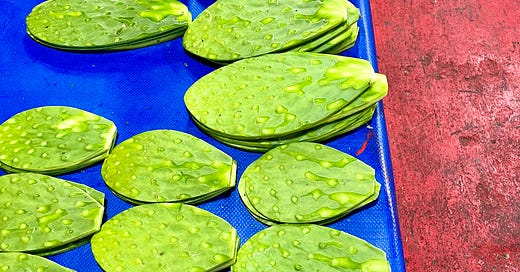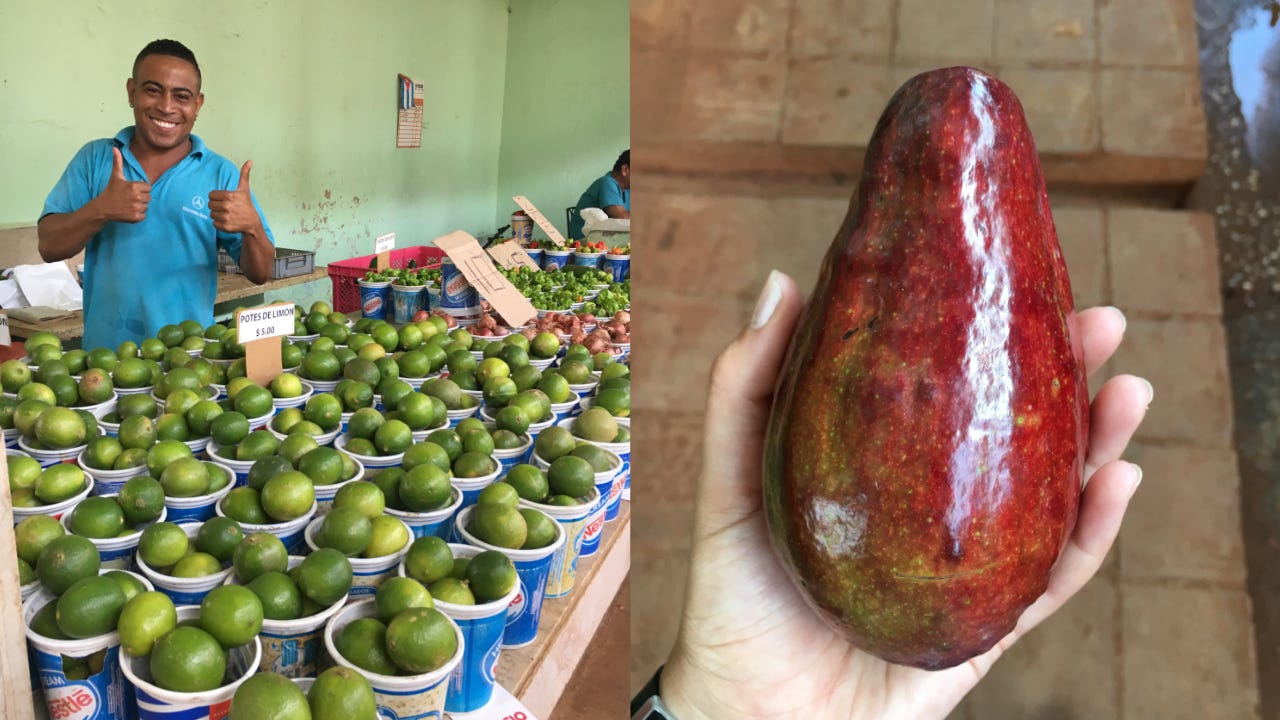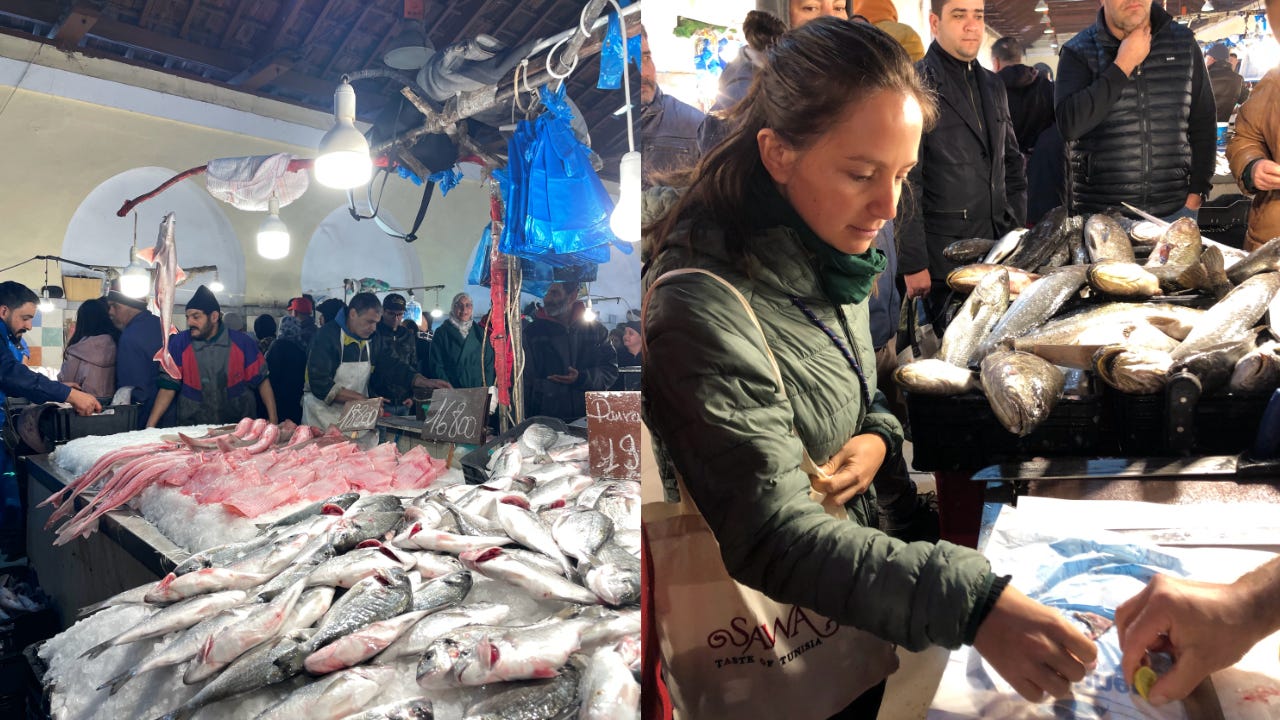What is a market? I’ve been asking myself this question lately, and I’ve attempted to collect my thoughts on what markets represent and their true essence.
It isn’t just a place where you go to buy fresh fruits and vegetables, or artisanal goods, or even where goods are exchanged.
A market represents a territory, the surrounding areas, and the wonderful products of the land. It’s a place of exchange, of course—but not only of money and goods: it’s a place of culture, traditions, recipes, and stories. At a market, people exchange ideas, culinary experiences, and form intergenerational relationships.
Whenever I travel abroad, I always try to visit a market—not a touristy one, of course. Rather, a market frequented by locals who dedicate two hours of their day to choosing food. A market rich with local products that paint the rich tapestry of a country’s history, flavours and aromas.
How wonderful and important it is to have the time to select your food and think about how to cook it. Time that is then spent discovering new parts of the world, thanks to the locals who are (almost always) happy to share their knowledge.
Because a market without vendors is just a supermarket. Vendors (who are often the farmers themselves) are the fabric of a market—they’re the ones who bring the food they produce and sell to life, embodying tradition and culture. Without their knowledge of the land, a potato would just be a potato. And yet, each potato has its own story, specific origin, and ideal use.
At the market in Sancti Spíritus, a small Cuban town, I discovered red avocados, with an intense and delicious flavour. Even without traveling the world, you can discover new products—like at the market I go to often in Biella, in Piedmont, where I discovered varieties of plums that I had never even heard of in a lifetime spent in Italy.
In Mexico City, during a street food tour with Club Tengo Hambre I stumbled across many nopal (cactus) stands, where locals were busy at work removing all prickly elements before selling the pads. In Mexican cuisine, nopales are consumed in a myriad of different ways, from stews to the filling for tacos—a personal favorite.
The list of markets that have made a lasting impression on me is endless, so to avoid boring you I’d like to highlight one last market, the central market in Tunis, Tunisia.
During my time in Tunis, I had the opportunity to explore the city's market alongside the chef and owner of Dar Slah, a delicious restaurant in the medina. I shadowed him on his daily errands, weaving through stalls as he selected fresh fruits, vegetables, spices, plump dates, and most importantly, fish—the star of the day. As we entered the market, I was immediately struck by two things: the deafening buzz of voices in the fish market, and, surprisingly, the complete absence of any fishy odor. Tunis is home to the largest fish market in the entire Mediterranean, and the quality of the seafood reflects that distinction—truly impeccable.







You're so right. I was just thinking about this morning's market. It's not so much a food market, although it has a couple of delis and fruit stands, it's more a place to buy a mishmash of stuff from garbage bags to sandals. It's also a place to catch up with friends and family.
Thank you for sharing such a transcending, delicious, and exciting travel adventures!